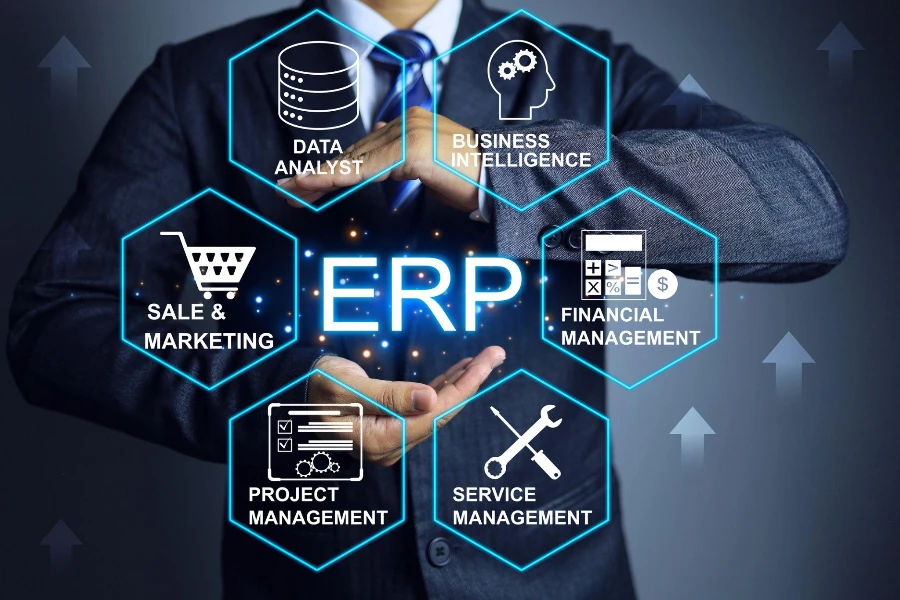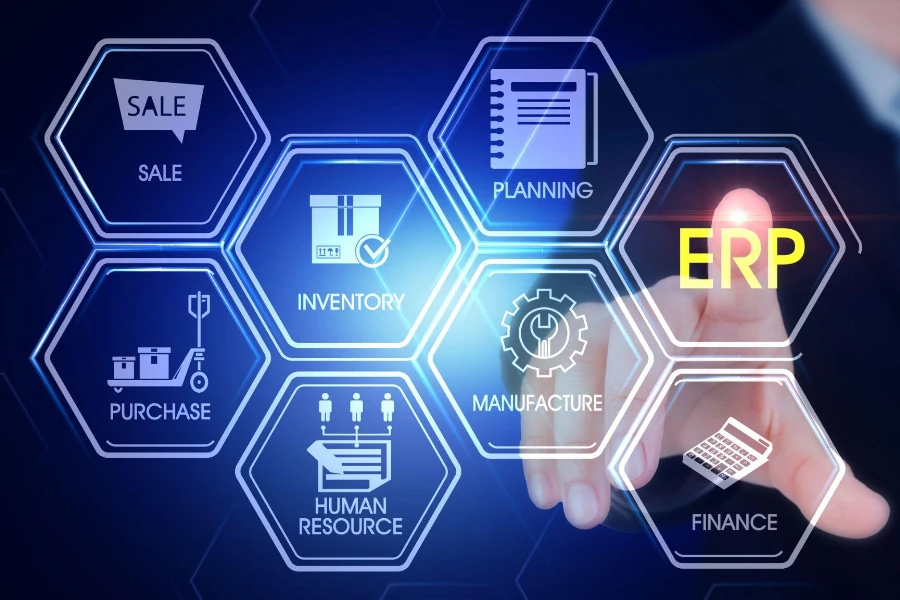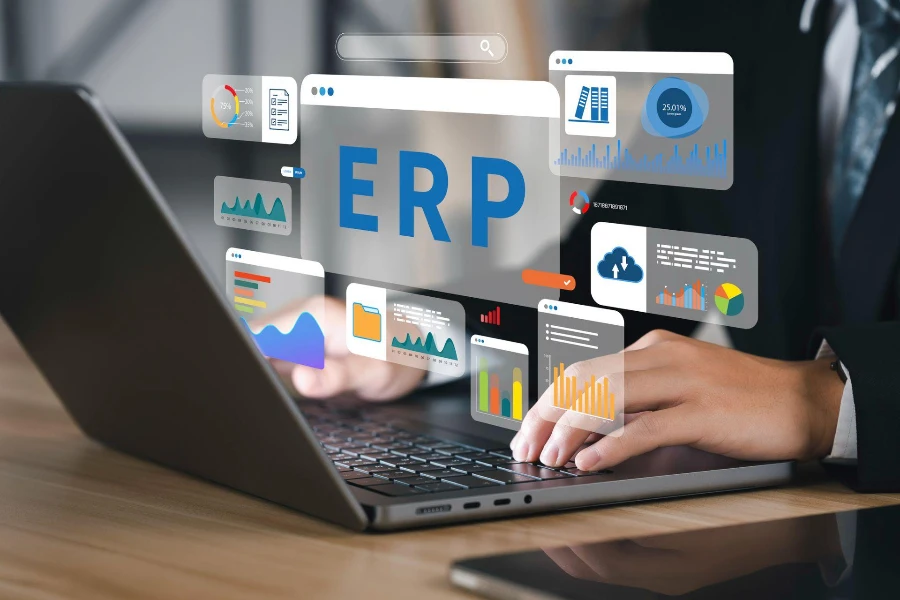In the rapidly evolving business landscape, staying ahead means embracing technologies that streamline operations, enhance efficiency, and foster growth. Among these technologies, Enterprise Resource Planning (ERP) systems stand out as a cornerstone for successful business management. This article sheds light on what ERP is, its core components, the benefits it brings to businesses, and the latest trends shaping its future. By demystifying ERP, we aim to equip you with the knowledge to leverage this powerful tool for your business’s advantage.
Table of Contents:
– What is ERP and how does it work?
– Key components of an ERP system
– The benefits of implementing an ERP system
– Latest trends in ERP technology
– Choosing the right ERP system for your business
What is ERP and how does it work?

Enterprise Resource Planning (ERP) is a software platform that helps organizations manage and integrate their core business processes. At its heart, ERP serves as the central nervous system of a business, streamlining data flow across departments and providing a single source of truth.
The operation of an ERP system hinges on its ability to centralize data, which in turn, improves decision-making and operational efficiency. By breaking down silos between departments, ERP systems facilitate seamless communication and collaboration across the organization.
Implementing an ERP system is a transformative process that requires careful planning and execution. It typically involves data migration, system customization, and user training. Despite the initial investment of time and resources, the payoff in operational efficiency and insight can be substantial.
Key components of an ERP system

An ERP system is comprised of several key components, each designed to manage different business processes. These components include financial management, human resources, supply chain management, customer relationship management (CRM), and inventory management.
Financial management modules offer comprehensive tools for tracking and managing business finances, including accounts payable, accounts receivable, and general ledger functionalities. This ensures financial data is accurate, up-to-date, and compliant with regulatory standards.
Human resources modules streamline HR processes, from recruitment and onboarding to payroll and performance evaluations. This enhances the efficiency of HR departments and improves employee satisfaction and retention.
Supply chain management modules optimize the supply chain process, from procurement to product delivery. They help businesses forecast demand, manage inventory levels, and improve supplier relationships, leading to reduced costs and improved customer satisfaction.
The benefits of implementing an ERP system

The implementation of an ERP system brings myriad benefits to businesses, including improved efficiency, enhanced decision-making, and increased agility.
By automating routine tasks and centralizing data, ERP systems free up employees’ time, allowing them to focus on more strategic tasks. This leads to improved productivity and efficiency across the organization.
With real-time access to data, decision-makers can make informed decisions quickly, improving the business’s responsiveness to market changes. Furthermore, ERP systems provide comprehensive reporting and analytics tools, offering deep insights into business performance.
ERP systems also enhance a business’s agility, enabling it to adapt quickly to changes in the business environment. This agility is crucial for staying competitive in today’s fast-paced world.
Latest trends in ERP technology

The ERP landscape is constantly evolving, with new trends emerging that promise to enhance the functionality and effectiveness of ERP systems. Cloud-based ERP systems are becoming increasingly popular, offering scalability, flexibility, and cost savings over traditional on-premise solutions.
Artificial Intelligence (AI) and Machine Learning (ML) are being integrated into ERP systems, providing advanced analytics, predictive insights, and automation of complex processes. This integration is transforming how businesses operate, making them more efficient and competitive.
Another trend is the focus on user experience (UX), with ERP providers striving to create more intuitive and user-friendly interfaces. This enhances user adoption and satisfaction, maximizing the value businesses derive from their ERP systems.
Choosing the right ERP system for your business

Selecting the right ERP system is a critical decision that can significantly impact your business’s success. It’s essential to assess your business’s specific needs, budget, and long-term goals before making a choice.
Consider the system’s scalability, flexibility, and compatibility with your existing infrastructure. A thorough evaluation should also include the vendor’s reputation, the level of support and training they offer, and the total cost of ownership.
Engaging stakeholders from across your organization in the selection process ensures that the chosen ERP system meets the diverse needs of your business. This collaborative approach leads to better adoption and maximizes the benefits of the ERP system.
Conclusion
ERP systems are invaluable tools that can transform business operations, driving efficiency, insight, and growth. By understanding what ERP is, its key components, and the benefits it offers, businesses can make informed decisions about implementing an ERP system. Keeping abreast of the latest trends and carefully selecting the right system are crucial steps in leveraging the power of ERP to achieve business success.




